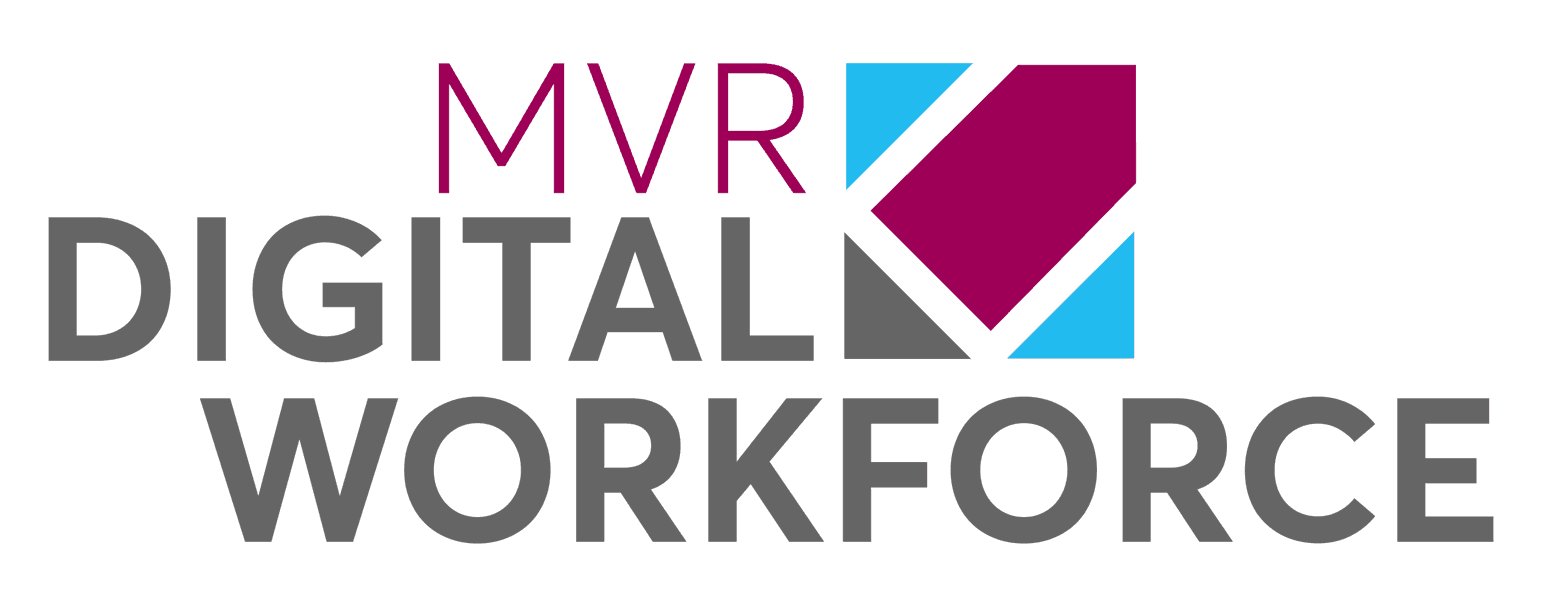With the integration of Machine Learning (ML) and Natural Language Processing (NLP), RPA solutions are becoming significantly smarter at processing unstructured documents. While Robotic Process Automation (RPA) previously focused on automating simple, rule-based tasks, adding these technologies enables the creation of more intelligent workflows, resulting in greater accuracy when handling complex data.
One of this combination's biggest advantages is the intelligence data extraction capability. NLP allows RPA bots to automatically extract relevant information from documents such as invoices, contracts, or emails. Instead of rigidly following predefined rules, these bots leverage ML models to recognize text patterns and context. This means that even when document formats vary, the bots can still identify the correct data.
Beyond data extraction, NLP enables accurate document analysis and classification based on content. This allows bots to distinguish between contracts, complaint letters, and reports without human intervention. As a result, processes are handled more efficiently, and the likelihood of human error is significantly reduced.
Another powerful aspect of ML-based RPA solutions is their ability to continuously learn. As these bots are exposed to new data, they improve at recognizing document variations. This makes the bots more flexible and better equipped to handle changes without requiring constant reprogramming. This automated learning process reduces the need for maintenance and updates.
RPA bots with NLP can also make faster decisions by interpreting the meaning and intent of texts. Instead of merely performing basic actions, these bots can make complex decisions based on the natural language they process. For example, they can automatically understand and respond to customer inquiries. This reduces process turnaround times and boosts efficiency. By automating manual tasks such as document processing, organizations not only save on labor costs but also increase productivity. Fewer errors, faster processing times, and reduced reliance on human intervention lead to more efficient operations.
Moreover, these AI-powered RPA solutions are highly scalable. They can process large volumes of documents without compromising performance, making them particularly suitable for companies looking to grow rapidly and automate their processes on a large scale.
In short, with the power of ML and NLP, RPA solutions are evolving into intelligent systems that go far beyond simple automation. This new generation of bots enables companies to automate more complex tasks, resulting in more efficient processes and improved business outcomes.
For questions about this topic, please contact us at: info@mvrdw.nl
Jeroen Backx
Senior Hyperautomation Consultant


